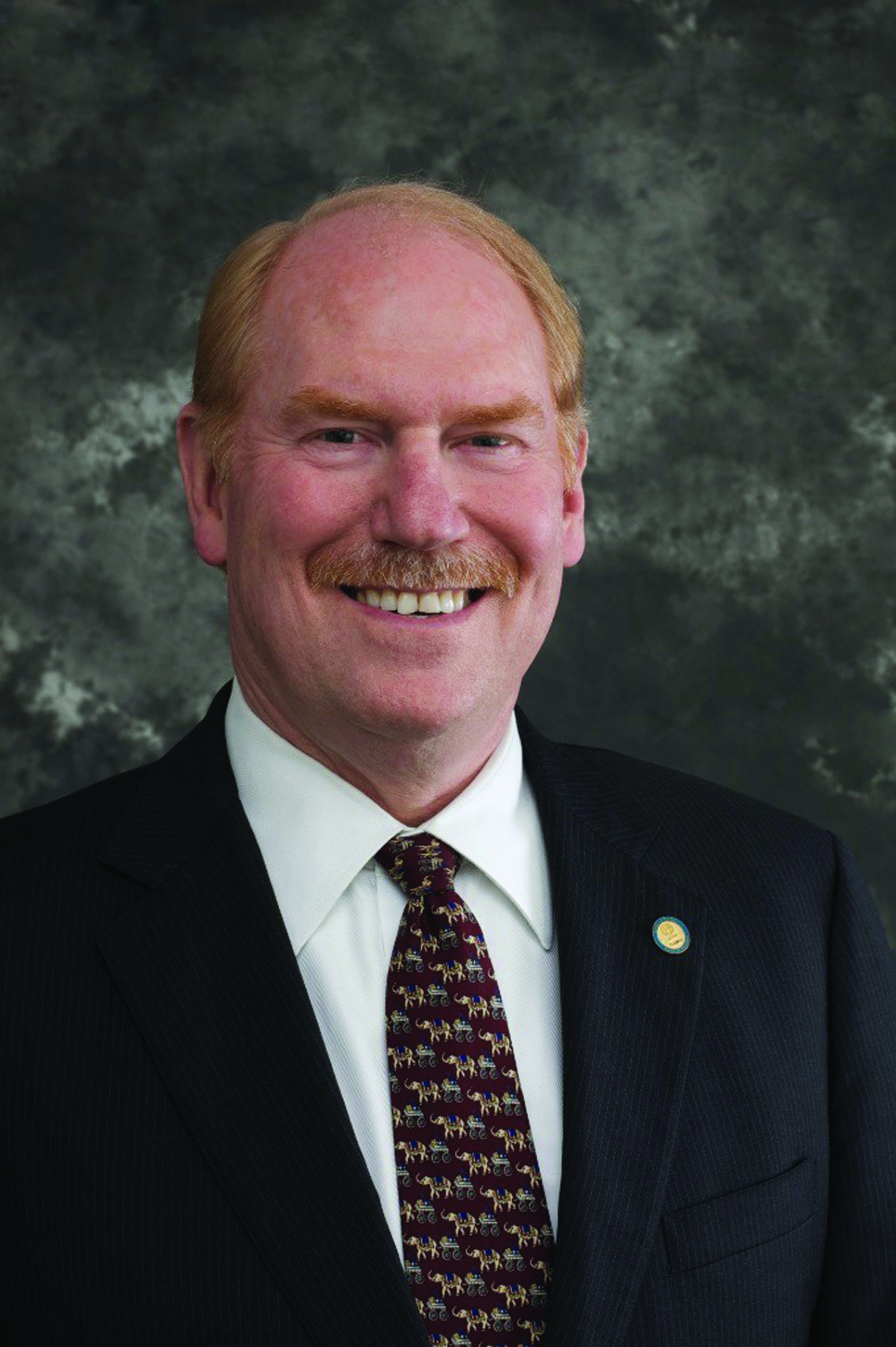Worldwide pharmacy revolution: Advocating for pharmacy on an international stage
APhA is “home” for America’s pharmacists, with more than 62,000 members. The Association advocates for pharmacists in the United States by driving practice transformation, developing pharmacist leaders, and promoting consumer access and coverage for pharmacists’ quality patient care services.
Pharmacist activity in the United States influences activities worldwide, and at the same time, we can learn a few things from other countries as well. I recently had the opportunity to take APhA’s messages across the pond and address the 2015 European Pharmacists Forum in Milan, Italy. During my presentation, I introduced an international audience of pharmacists to APhA and discussed our efforts to get pharmacists on the team and in the game in health care in a broader way.
A few highlights from my presentation include underscoring the many important roles pharmacists play in the U.S. health care system. I pointed out how community pharmacists are trained to administer numerous vaccines beyond the influenza vaccine. I explained that pharmacists can help with many of the known problems in the current health care system, and that when pharmacists are involved, access is increased, quality is improved, and costs are reduced. I emphasized APhA’s numerous national collaborations and explained the strategies APhA is using to promote provider status legislation. I suggested additional considerations including interoperability, workforce, location, and quality.
In March 2015, the European Pharmacists Forum released a white paper and a “call to action” about the role of pharmacy in supporting the public’s health. The paper describes five key areas (medication adherence, vaccinations, screening, self-care, and disease prevention) where pharmacists can make maximum impact on improving health.
The white paper’s closing statements urge pharmacists to take on greater roles in public health and chronic disease management, advocate for relevant legislation, establish equal health care team partnerships and access to electronic medical records, embrace new technologies for patient care, and to collaborate with stakeholders to raise awareness.
Clearly, we have much in common with our colleagues in Europe. We can learn from their political strength, and they are eager to do more with patient care services. From the U.S. perspective, the European Pharmacists Forum white paper is on target, although I did offer them a couple of suggestions related to the pursuit of interoperability of health data exchange and inclusion of measures, outcomes, and service delivery that is specific, predictable, and measurable.
Although we still have a ways to go here at home, based on the many successes and advances in practice that pharmacists have achieved here in the United States, I am excited and proud to see our European colleagues advocating for expanded responsibilities and a broader scope of practice to take the profession to the next level. Playing off of the Beatles song, “this is a worldwide pharmacy revolution” towards pharmacists’ enhanced patient care roles that WILL change the health care delivery world.
Updated October 20, 2015

